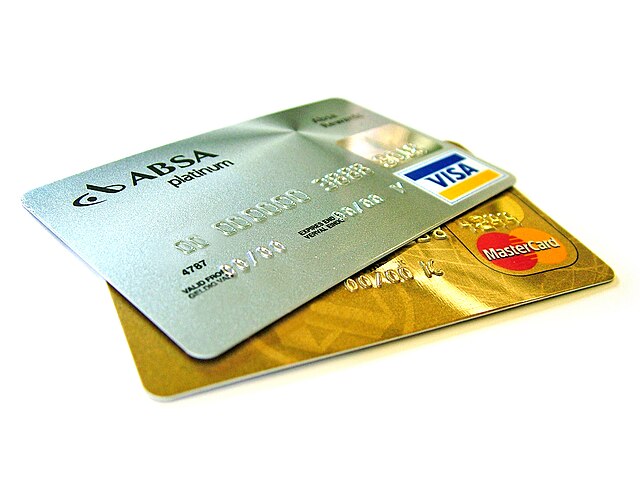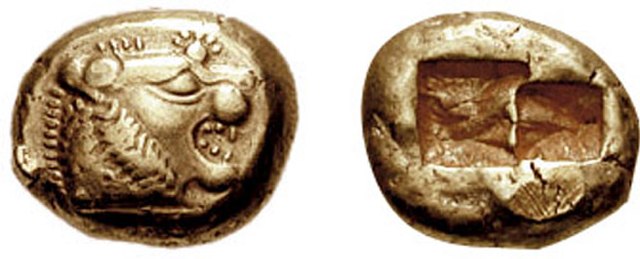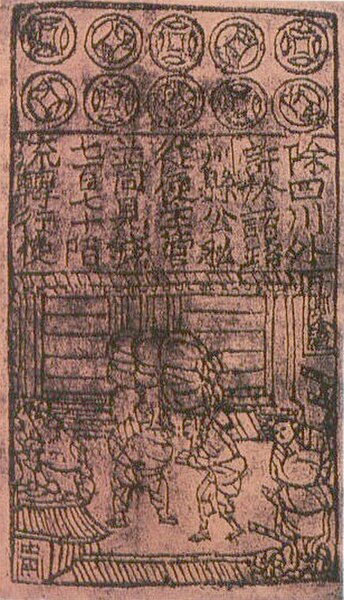Credit is the trust which allows one party to provide money or resources to another party wherein the second party does not reimburse the first party immediately, but promises either to repay or return those resources at a later date. The resources provided by the first party can be either property, fulfillment of promises, or performances. In other words, credit is a method of making reciprocity formal, legally enforceable, and extensible to a large group of unrelated people.
A credit card is a common form of credit. With a credit card, the credit card company, often a bank, grants a line of credit to the card holder. The card holder can make purchases from merchants, and borrow the money for these purchases from the credit card company.
Money is any item or verifiable record that is generally accepted as payment for goods and services and repayment of debts, such as taxes, in a particular country or socio-economic context. The primary functions which distinguish money are: medium of exchange, a unit of account, a store of value and sometimes, a standard of deferred payment.
Banknotes and coins
A 640 BC one-third stater electrum coin from Lydia. According to Herodotus, the Lydians were the first people to introduce the use of gold and silver coins. It is thought by modern scholars that these first stamped coins were minted around 650 to 600 BC.
Song Dynasty Jiaozi, the world's earliest paper money
Printing paper money at a printing press in Perm





